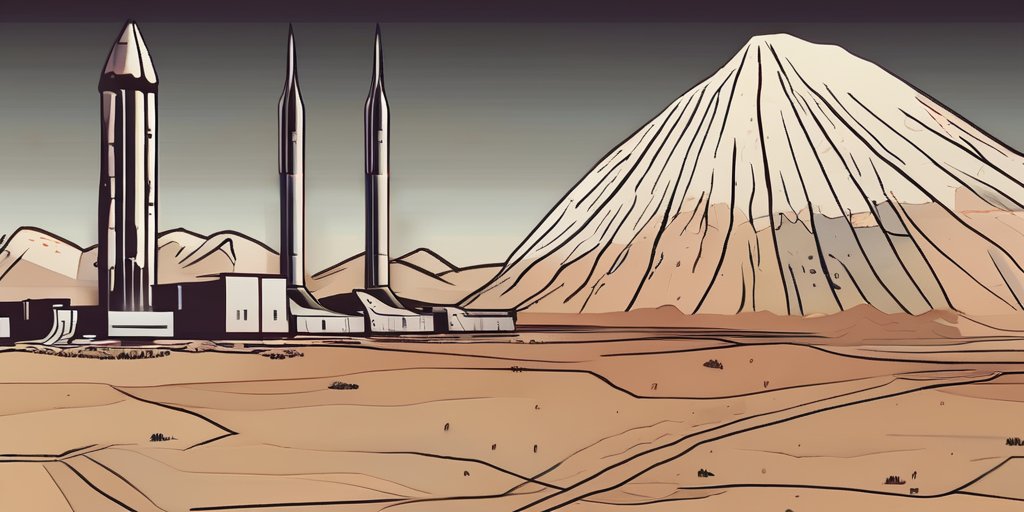In a dramatic turn of events, President Donald Trump has taken decisive action against Iran, launching a series of airstrikes targeting three critical nuclear facilities. This follows Trump’s initial declaration of a two-week negotiation deadline, which was surprisingly shortened to just two days.
On Saturday evening, Trump announced that US warplanes executed bombings on these sites, claiming the mission was “very successful.” His swift action has sparked speculation about the true motive behind the original deadline and whether it was a tactic to lull Iran into a false sense of security.
The strikes have arisen amidst concerns that ongoing negotiations, notably managed by Trump’s appointed envoy Steve Witkoff, may have faltered or even collapsed. In the wake of the attacks, little information has emerged regarding Iran’s immediate reaction. However, Trump’s assertive rhetoric continues, as he implores, “now is the time for peace.” This call for calm seems optimistic, considering Iran’s stern warnings of retaliation against any aggression towards its sovereignty.
With significant military efforts already displayed by Israel to limit Iran’s capabilities, the Iranian regime still possesses means to respond. Notably, one of the attacked facilities—Fordo—is often referred to as the jewel in Iran’s nuclear arsenal. As the dust settles after this assault, observers are left to ponder how Iran will respond and whether the US strikes can indeed compel Tehran to return to the negotiating table with greater concessions.
While Trump maintains the narrative of a one-off successful strike, time will reveal if the goals of dismantling Iran’s fortified nuclear research facilities have been met. If these objectives fall short, pressure for additional action will undoubtedly mount, posing significant political and security risks.
Domestically, the ramifications of the strike have ignited criticism not just from Democrats but also from factions within Trump’s own political base, particularly those that prioritize an ‘America First’ agenda. Should this operation escalate into a broader conflict, Trump could face severe backlash from his supporters who have rallied around his anti-war stance during his previous term.
The Saturday airstrike marks a pivotal moment for Trump—a president who previously prided himself on avoiding new foreign conflicts. As events unfold, the reaction from Iran and the international community will play a critical role in shaping the future of US-Iran relations. What may have begun as a targeted attack now teeters on the edge of a larger, uncontrollable situation that could redefine Trump’s legacy as a leader.
